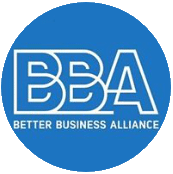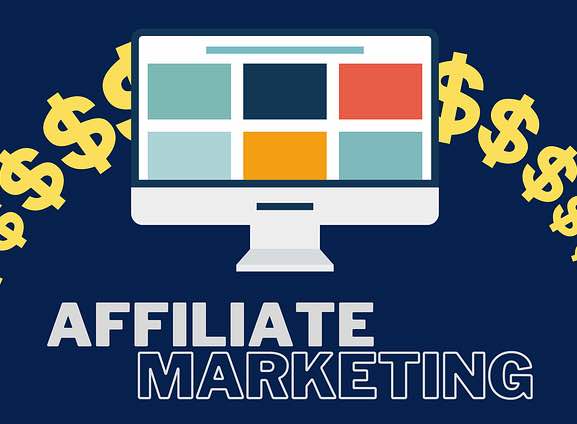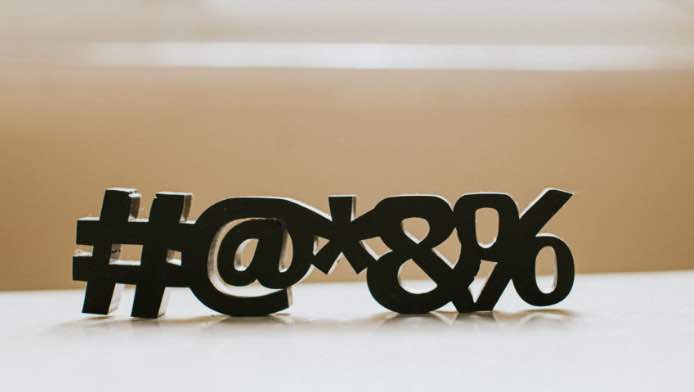How to Make Your Business Talkably Different
WORD OF MOUTH IS THE MOST IMPORTANT GROWTH LEVER THAT WE ALL TAKE FOR GRANTED
This content was inspired by research and case studies contained in “Talk Triggers: The Complete Guide to Creating Customers With Word of Mouth,” the new book from Jay Baer and Daniel Lemin.
Countless companies claim to be “the best in the business,” but so few actually deliver. You’ve probably lost count of the number of times you’ve driven down the highway and spotted a sign advertising a “world famous” restaurant that clearly falls short of that mark.
It’s sort of like “The Boy Who Cried Wolf” — when every company claims to be the best, it’s impossible to know who to trust. Even when businesses actually do manage to provide the premium product or service they advertise, it doesn’t guarantee their customers will talk about them.
Instead of relying on hollow accolades to fuel your word-of-mouth marketing, look to a far more powerful and sustainable approach: talk triggers. A talk trigger is a part of your business that gets your customers talking to one another and spreading the gospel of your brand.
A talk trigger could be any differentiator. Most importantly, it doesn’t have to be expensive. For instance, DoubleTree by Hilton welcomes every hotel guest with a delicious chocolate chip cookie. The minuscule cost of that cookie is a drop in the bucket compared to a massive ad spend, but it’s a defining part of DoubleTree’s business. An accident? Absolutely not.
Defining Your Difference
When everything essentially feels the same, price becomes the only differentiator. Worse yet, companies focus a ton of time and energy on competing on the customer experience or product quality. These aspects are certainly important, but they’re basically the price of admission. If you and your closest competition both provide high-quality service, your differentiator has evaporated right out from under you.
I would never advocate crappy customer service, but you should recognize the limitations of a differentiator defined by something your competitors all do. A selling proposition should be unique, after all. Same is lame, and psychology has proven that we ignore what’s average in favor of discussing what’s different.
Breaking the Mold
Instead of being one of the many companies that purposely eliminates differentiators, strive to turn them into talk triggers. True talk triggers don’t just happen on their own — they require careful consideration and planning. When selecting the best talk trigger for your business, make sure it has these three key attributes:
Your Talk Trigger Should be Interesting
Some say advertising is the tax that unremarkable businesses must pay to remain in operation. Without an experiential differentiator, you’re forced to rely on an increased advertising spend that can cripple a good business with a solid product. Your talk trigger should be something that people feel compelled to share with their friends and family because it’s inherently interesting. This is particularly important for challenger brands that want to compete with more established companies.
WindsorONE created buzz by stamping its lumber with a telephone number customers could call for a free T-shirt. While customer service representatives are on the phone gathering contact information from callers, they seize the opportunity to talk about the various products the company offers. “Call Kurt for a Shirt” saved the company advertising dollars while drastically lowering the cost of acquiring new leads, all by providing customers with fresh threads.
Your Talk Triggers Should be Unexpected
Companies are constantly conforming to the expectations set by their competitors. This approach ultimately eliminates any opportunity to be different, leading to bland, homogenized markets. Youngme Moon, a professor at Harvard Business School, explains in her book “Different” that “competition and conformity will always be fraternally linked for the simple reason that a race can only be run if everyone is facing the same direction.”
Instead of facing the same direction as your competitors, focus on differentiating your business. Jay Sofer, the owner of Lockbusters, found a way to use Yelp to build meaningful relationships with customers. After Sofer encouraged a customer to simply donate money to a rescue shelter instead of paying him his regular fee, the story took on a life of its own. To this day, references to that donation to Sugar Mutts Rescue continue to pop up in the five-star reviews his business routinely receives from satisfied customers.
Your Talk Trigger Should Promote Yourself
A good story must captivate your audience, but it should also inspire them to share that story with others. At the same time, your talk trigger should not be a PR stunt or an empty slogan — the marketing world is already saturated with this sort of thing. Instead, a talk trigger should capture something compelling at the very core of your organization.
David Bowie’s adoption of the Ziggy Stardust personality was a bit out there for the 1970s, but that was sort of the point. Bowie needed a talk trigger, and he knew he could spark conversation and generate attention by completely defying societal norms. A Rolling Stone piece about the inception of Ziggy Stardust states that Bowie was trying to “out-glam and out-shock” musicians like Alice Cooper.
Talk triggers can have a profound impact on the success of your company — particularly compared to incremental increases in service or decreases in price. Instead of struggling to keep pace with the rest of the pack, break free from the race and craft a talk trigger that causes your customers to forget about everyone else.




